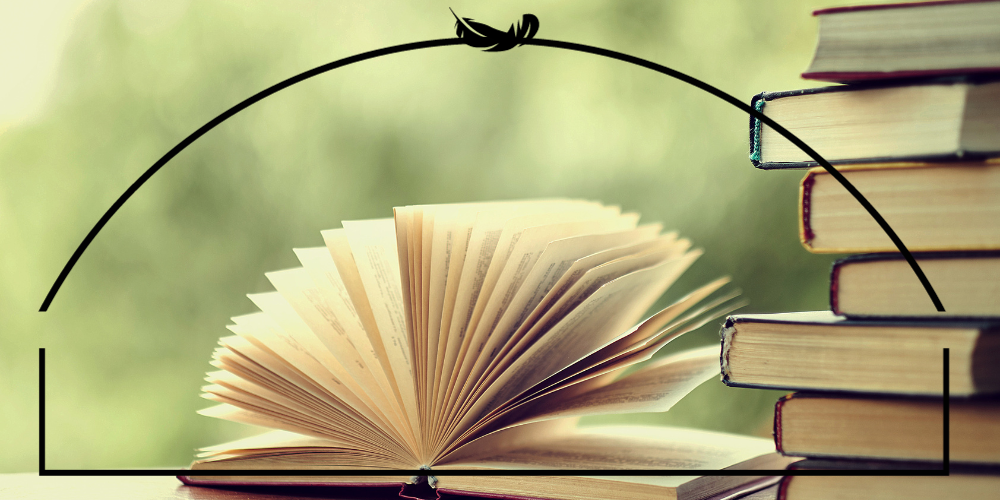You know how you know there’s a problem but how you don’t realize how big said problem is until you really dig in and examine it (or in this case, just look at it a little more closely)? For me this is the representation and participation of BIPOC in pagan publishing.
I’ve always had this underlying concern about access and representation in religion. I ultimately walked away from Christianity because it left me with too many questions of this nature.
And I’m afraid that Wicca, or paganism more broadly put, also tends to leave me with the same types of questions.
Far too often I look around Wiccan/Pagan circles and the faces looking back at me are mostly, if not all, white. I should put a caveat in here and mention that 2 of my 3 traditional teachers were mixed raced BIPOC. But in all the years I’ve walked this path, I have only encountered and worked with a handful of BIPOC practitioners. I’ve asked myself, and fellow practitioners, why Wicca doesn’t draw in more diverse participants. I know the answer, don’t worry. Don’t we see this as problematic? We talk a lot about how there are more women in Wicca than men. But we rarely look closely at why there are more White Women in Wicca than anyone else.
This same question can be extended beyond the coven and been seen in pagan book publishing. Currently, as I write, there is a #blackoutbestsellerlist #blackpublishingpower movement happening in social media and I think that when we start digging beyond the surface, it becomes VERY clear that there isn’t enough BIPOC representation in pagan publishing. Our biggest pagan publishing companies are not publishing many BIPOC voices in their rosters and I think we need to be asking them to do better.
We might get caught in a chicken/egg conversation here: well we aren’t publishing BIPOC voices because there aren’t enough.
I would like to officially call BS to this type of rhetoric. There aren’t enough BIPOC authors because we aren’t making room for them and the subjects they bring to the table. And it follows suite in actual practice: we don’t see enough BIPOC members in the community because paganism as an umbrella practice, is Eurocentric and doesn’t make space for BIPOC realities/issues/concerns. Moreover, we tend to appropriate the places where BIPOC voices may find space: for example, Hoodoo, Yoga/Eastern traditions.
Added to this is the fact that often white practitioners who embrace said traditions (Yoga, Hoodoo) are learning or purchasing learning in these traditions from fellow white practitioners who have appropriated the crafts.
Houston, we have a problem. And I think that we need to be asking more of ourselves and of our book industry and occult sellers. If you’ve never read a BIPOC pagan author.. go buy a book and learn from one. If you’ve never bought goods from a BIPOC occult store, find one and buy something. And not just this week!
And don’t think I’m just pointing a figure outwards. It’s also pointed back at myself. My pagan bookshelf is largely dominated by white voices. Something that has always unsettled me but something I’ve only done the bare minimum to change. Now is the time to make that change.
Another post, potentially more eloquently expressed on this topic that I think is worth a read:
And yes, I am aware that I am centering my own voice/emotions/reactions in this post, which is also problematic. I acknowledge I have a lot of work to do and that the process will be long and imperfect.
More about diversity and representation: Tarot and Appropriation


One thought on “BIPOC voices in the pagan publishing community”